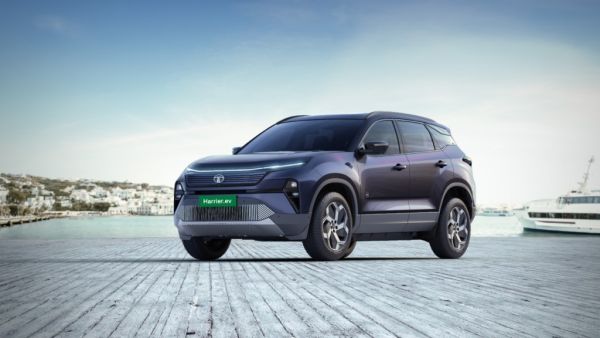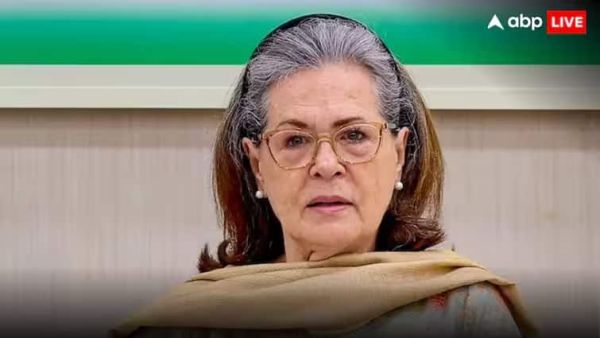
In a decisive step toward sustainable transportation, Uttarakhand’s government has unveiled its Draft Electric Vehicle (Manufacturing and Purchasing) Policy 2025. The policy was formally presented during a highlevel meeting chaired by Chief Secretary Anand Bardhan and attended by officials from the Transport Department, Urban Development Department, and various industry stakeholders. The move signals the state’s intent to become a leading clean mobility hub in India.
As of now, Uttarakhand has 84,614 electric vehicles registered, out of a total of nearly 42 lakh vehicles, indicating steady growth in adoption. The new policy aims to exponentially accelerate this transition through a multipronged strategy that includes manufacturing incentives, consumer subsidies, ecosystem development, and infrastructure expansion.
Draft Electric Vehicle Policy 2025: Incentives
First, to attract manufacturers and infrastructure developers, the policy proposes capital subsidies, concessional land allotments, and interest subvention on loans. These financial aids are designed to reduce the setup cost for EV assembly lines, battery manufacturing units, and charging infrastructure, thereby encouraging both largescale and MSME players to invest in the state. Additionally, R&D centres focusing on EV technologies will be supported to foster innovation and localise advanced capabilities.
Second, the policy extends direct financial relief to EV buyers through substantial consumerfocused incentives. These include full or partial waivers on stamp duty during vehicle registration, along with exemptions or reductions in registration fees and road taxes. By lowering the upfront ownership costs, these measures aim to make EVs more affordable for individual buyers and small businesses. The incentives are tailored across all vehicle categories, from twowheelers and threewheelers to electric cars and commercial ebuses ensuring a wide beneficiary base and fostering balanced growth in private and public EV adoption.
Third, the draft policy offers dedicated support to fleet operators and charging station developers. Fleet operators, including etaxi providers, lastmile delivery companies, and bus aggregators, will be eligible for performancebased benefits such as carbon credit–linked incentives and preferential procurement opportunities. Meanwhile, developers of public charging and battery swapping stations will receive fasttrack approvals, viability gap funding where needed, and priority access to land near key transit corridors. These provisions aim to remove operational hurdles and accelerate the rollout of charging infrastructure in both urban centres and underserved rural areas. Together, these incentives are designed to create a selfsustaining, investmentfriendly environment for the EV transition in Uttarakhand.
-
Tejashwi Takes ‘Mootra’ Jibe After ECI Sources Signal Bangladesh, Nepal, Myanmar Nationals In Bihar Voter List

-
Sonia Gandhi Calls Congress Parliamentary Strategic Group Meeting On July 15 Ahead Of Monsoon Session

-
'Don't Think Report Is Ok": Aviation Expert Sanat Kaul Questions AI 171 Crash Report, Calls For Pilot Inclusion In Probe Panel

-
Easy-To-Miss Things People Overlook When Using The Cash-Stuffing Budgeting Method

-
Lingering Sadness Ends For 3 Zodiac Signs On July 14, 2025
